Online
help
Learning at your own pace, or facilitated by an instructor
High Performance Organization (Self-Guided)
What You Will Learn
A key ingredient to the longevity of a company, is the performance and implementation to function as a High-Performance Organization (HPO). A High Performance Organization doesn't evolve naturally it takes a proper foundation and resources. Any type of business from production to service based, would benefit from becoming a HPO. Benefits include increased profits, a high rate of success, and a desirable workplace. Competition is everywhere and may range from large and small organizations on a domestic and international level. An organization is better suited for long-term success if they build an initial foundation as a High Performance Organization.
This course will provide you with the information needed to help your organization with its efforts to become a High Performance Organization (HPO). The lesson will begin by discussing the four principles of a HPO: Egalitarianism and Engagement, Shared Information and Trust, Knowledge Development and Performance Reward Linkage and how to link those principles with organizational activities to be a HPO to implementation of the principles. You'll also discuss leadership and how the organization's culture can help or hinder your efforts to become a HPO.
Online
help
Learning at your own pace, or facilitated by an instructor
$169.00
High Performance Organization (Self-Guided)
Selected Course
Dates:
Course type: Business and Leadership
Location: Online Campus Map
Contact Hours:
Course Code: BUS-4012-7
Category: Business and Leadership
Contact Hours: 24.0
Format: Online
Schedule Details:
After registering for this course, you can come back to the catalog to register for more courses.
Issues with registering? Please contact us at CERegistration@jccc.edu or call 913-469-2323.
Similar Courses




